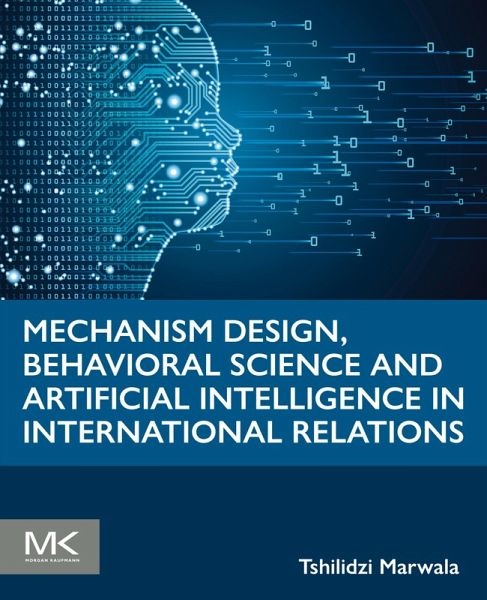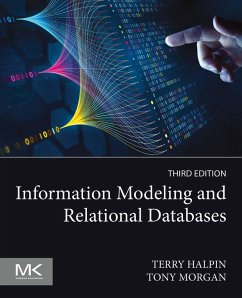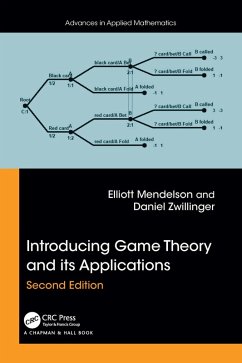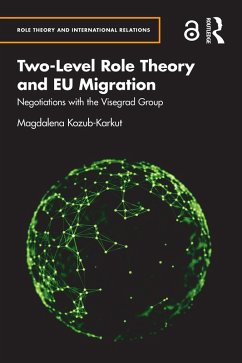
Mechanism Design, Behavioral Science and Artificial Intelligence in International Relations (eBook, ePUB)
Versandkostenfrei!
Sofort per Download lieferbar
103,95 €
inkl. MwSt.
Weitere Ausgaben:

PAYBACK Punkte
52 °P sammeln!
Recent advances in AI and Mechanism Design provide a vital tool for solving collective action problems, common in international relations. By using AI to optimize mechanisms for cooperation and coordination, we can better address issues such as climate change, trade, and security. Mechanism Design, Behavioral Science and Artificial Intelligence in International Relations shows readers how the intersection of Mechanism Design and Artificial Intelligence is revolutionizing the way we approach international relations. By using AI to optimize mechanisms, we can design better institutions, policies...
Recent advances in AI and Mechanism Design provide a vital tool for solving collective action problems, common in international relations. By using AI to optimize mechanisms for cooperation and coordination, we can better address issues such as climate change, trade, and security. Mechanism Design, Behavioral Science and Artificial Intelligence in International Relations shows readers how the intersection of Mechanism Design and Artificial Intelligence is revolutionizing the way we approach international relations. By using AI to optimize mechanisms, we can design better institutions, policies, and agreements that are more effective and efficient. Dr. Tshilidzi Marwala, United Nations University Rector and UN Under-Secretary General, presents the essential technologies used in Game Theory, Mechanism Design and AI and applies these to significant global issues such as interstate conflict, cybersecurity, and energy. International relations are a complex field, with many different actors and interests in play. By incorporating AI into our analysis and decision-making processes, we can better understand and predict the behavior of multiple actors and design mechanisms that take these behaviors into account, thereby producing more desirable and creative interdisciplinary approaches. The book presents real-world applications of these rapidly evolving technologies in crucial research fields such as Interstate Conflict, International Trade, Climate Change, Water management, Energy, cybersecurity, and global finance. - Provides insights for computer scientists, researchers, practitioners, and policymakers on how to develop practical tools to solve many complex problems in international relations, such as climate change, cybersecurity, and interstate conflict - Presents the necessary computer science, mathematical methods, and techniques in AI, game theory, mechanism design, and algorithm development - Includes real-world applications of AI and mechanism design in a wide variety of research topics, such as international conflict, international trade, climate change, water management, energy management, cybersecurity, and global finance
Dieser Download kann aus rechtlichen Gründen nur mit Rechnungsadresse in A, B, BG, CY, CZ, D, DK, EW, E, FIN, F, GR, HR, H, IRL, I, LT, L, LR, M, NL, PL, P, R, S, SLO, SK ausgeliefert werden.













